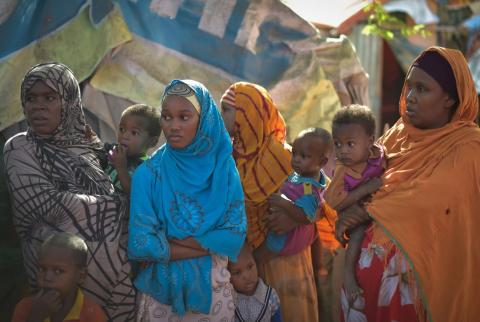
Introduction to International Migration Law
Strengthened migration governance is recognized as central to ensuring that greater human mobility is beneficial to communities of origin, destination and transit, and in protecting the rights of migrants. Many conventions exist at the global and regional levels applying to those involved in the migration process, but these instruments are spread across various branches of law: labour, immigration, human rights, refugee, humanitarian, and criminal laws. This body of law is now commonly referred to as “International Migration Law” (IML). With the emergence of IML over the last decade, this Course offers an opportunity to study these instruments from the exclusive perspective of international migration.
The overall objective of this course is to advance a better understanding of International Migration Law by providing a comprehensive overview of the international legal framework, the rights and duties of states and migrants and various aspects of law that impact migrants and the migration process.
At the end of the course, participants will be able to:
- Describe the key international instruments pertaining to international migration and the body of legal texts commonly referred to as "International Migration Law" (labour, immigration, human rights, refugee, humanitarian, and criminal laws);
- Explain the contents of international laws in relation to the protection of migrants;
- Analyze the time-frame and evolution of IML, and the relationship with State sovereignty and laws pertaining to entry, residence and exit;
- Distinguish between different categories of migrants and recognize their contextual issues and rights under international law;
- Provide a general overview of the implementation of IML at regional and national levels (in comparative perspective).
The self-paced online course contains the following modules:
- Module 1: Introducing the Issue
- Module 2: International Migration Law
- Module 3: Authority and Responsibility of States
- Module 4: Implementation of IML at the Regional Level
The course is based on UNITAR’s sound adult learning pedagogical principles. Each module includes readings, self-assessment activities and quizzes. The learning activities are distributed in such a way to ensure the achievement of the learning objectives in a flexible manner.
The course is open to city and local government officials, migration professionals, and representatives from academic and training institutions working on international migration law.

